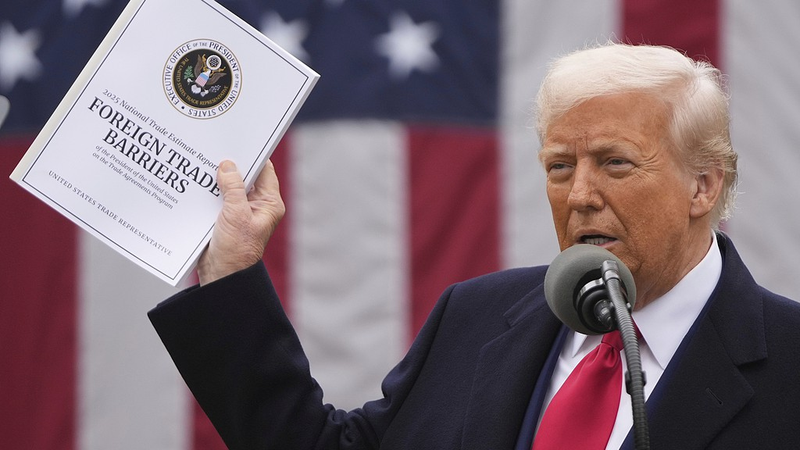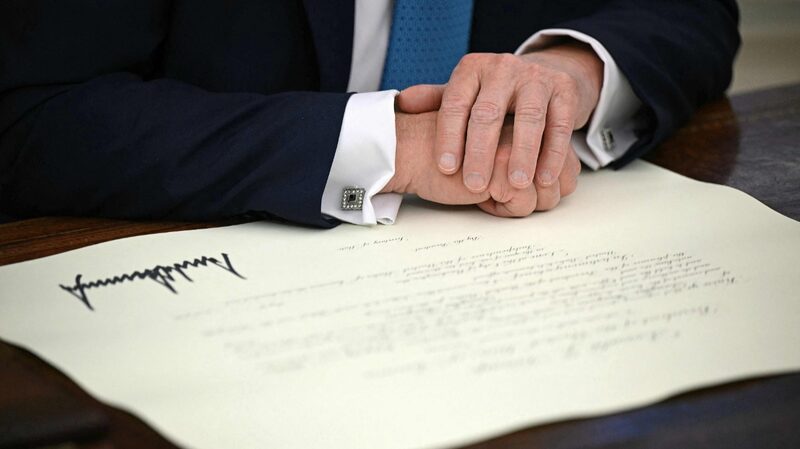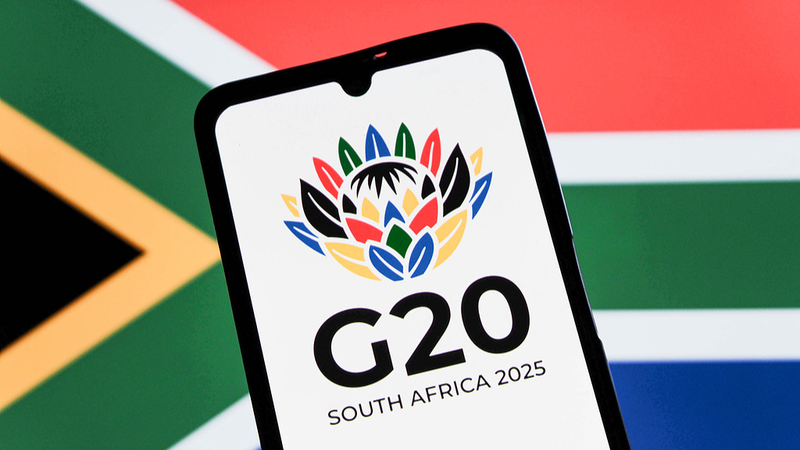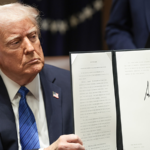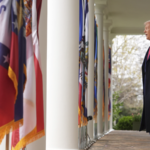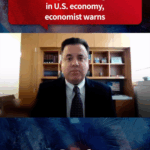The U.S. administration's recent implementation of "reciprocal tariffs" has drawn global scrutiny as they affect nearly 200 countries and regions, with under-developed economies bearing the heaviest burdens. According to CGTN analyst Liu Jiaxin, the policy’s broad scope targets both allies and rivals alike, creating ripple effects that threaten fragile economic systems.
The tariffs, framed as a measure to balance trade deficits, have strained diplomatic ties and disrupted supply chains. Data suggests that nations with limited economic diversification face acute challenges, including reduced export revenues and heightened inflation risks. Experts warn that such measures risk exacerbating global inequality, particularly in regions already grappling with poverty and instability.
While debates over trade fairness intensify, the move has prompted calls for multilateral dialogue to address imbalances without penalizing vulnerable populations. Observers note that the long-term impact on international cooperation and market stability remains uncertain, with developing economies urging reassessment of the policy’s scope.
Reference(s):
cgtn.com
